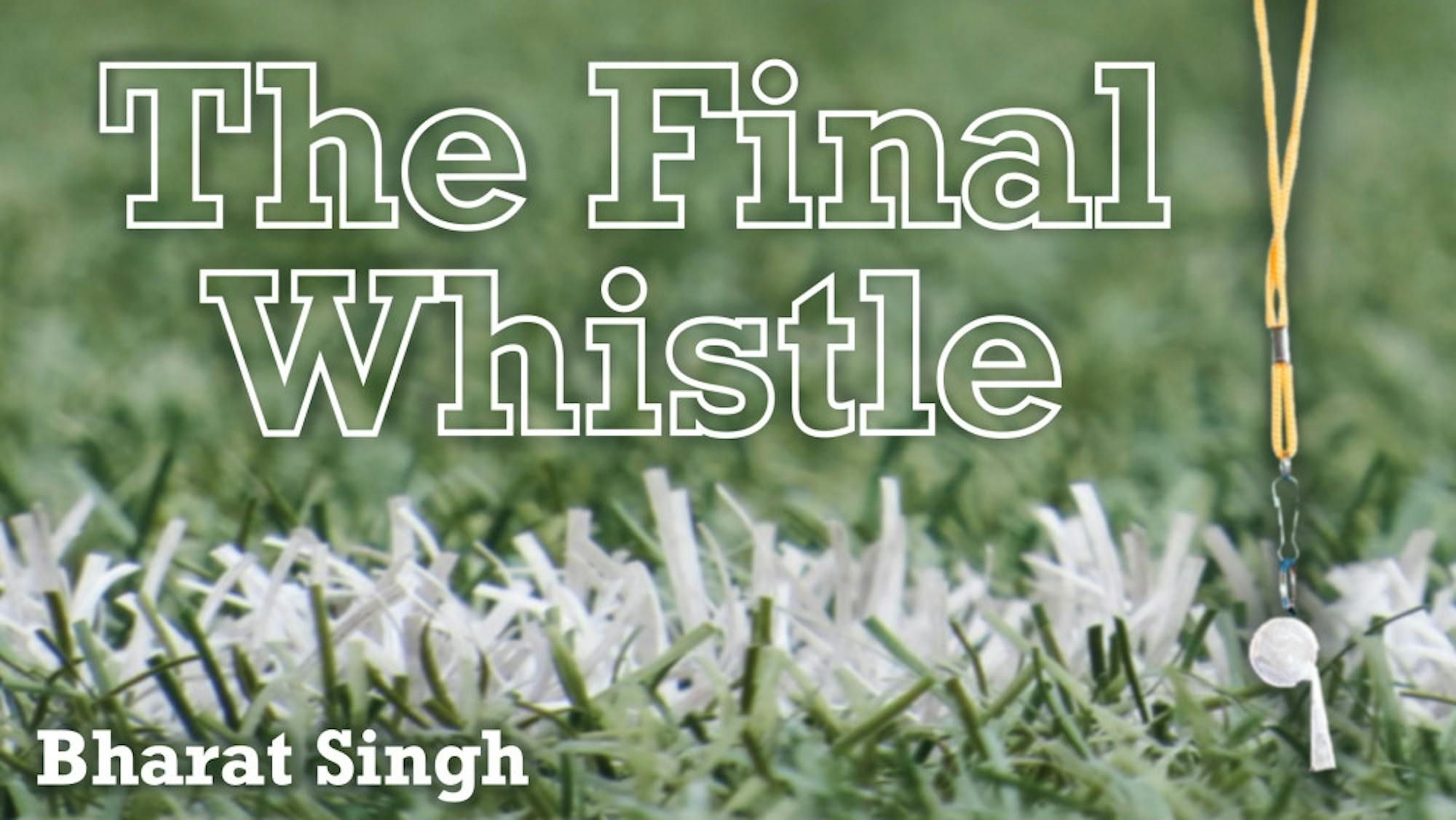The Invincibles. This was the title given to the Arsenal team that finished the 2003–2004 Premier League season undefeated; a feat that had only been achieved once over a 100 years ago by Preston North End. Led by the French tactician ArsèneWenger, the North London club went 49 games unbeaten in an era that included Sir Alex Ferguson’s great Manchester United side and the growing power of London rival Chelsea. Etched into history, players like Patrick Vieira and Thierry Henry turned into global icons as they lifted the coveted trophy. Few would have guessed that this would be the Gunners’ last title in the modern era as the club entered a difficult decade of transition, both on and off the field. For almost two decades, Arsenal fans have dreamt of winning the Premier League. Today, after years of heartbreak, they find themselves closer than ever.
Currently 4 points clear at the top, Arsenal have had an incredible start to the season. In their recent 1-0 away win at Leeds, the Gunners took the lead in 35th minute after capitalizing on an miscued pass from Leeds striker Rodrigo. Academy graduate Buakyo Saka finished the attack with a powerful right-footed strike in the roof of the net. This wasn’t Arsenal’s best performance or anywhere near their vintage style of football but in previous years, away fixtures like these would be exactly where the team would capitulate and drop points. Holding onto a lead and staying in a game despite not dominating it is what turns title contenders into champions.
This season, Arsenal have impressed many with their dynamic attacking football that has matched the intensity of teams like Liverpool and Manchester City. From the Wenger days, the team has earned a reputation of being overly artistic with their football, obsessed with executing perfect passes and essentially walking the ball into the net. Under Mikel Arteta, this style has been injected with a sense of urgency, built around, as The Analyst puts it, “menacing, surgical, dead-eyed football” that he learned under the guidance of Pep Guardiola during his time as assistant manager at Manchester City.
In his first two years, it was clear that Arteta wanted to adopt a Guardiola-esque playing philosophy but lacked the players to do so. The addition of Brazilian forward Gabriel Jesus has been a huge bonus to the side. For the last few seasons, Arsenal relied on the aging attacking duo of Pierre-Emerick Auybameyang and Alexandre Lacazette who, despite having spectacular finishing, lacked the dribbling ability and overall mobility that Jesus provides. Both players also preferred playing centrally and were often left out for the other which never allowed Areta to establish a set system. With Jesus, there’s only one choice. The 25-year-old has received the most progressive passes in the league, ahead of Liverpool’s Mohamend Salah and current top scorer Erling Haaland of Manchester City. Arteta believes Jesus brings a winning mentality to the club as the four-time English champion has already led by example with his intensity in pressing and recovering loose balls.
Behind Jesus, Arsenal has a more balanced midfield. Former captain Granit Xhaka operates as a holding midfielder alongside Thomas Partey as the pair serve as a shield for the backline while regularly carrying the ball forward in attacks. From distance, Xhaka’s left foot has been a deadly weapon for the Gunners while Partey is primarily used as a ball-winning and distributive player. In front of them is the ever-graceful Martin Ødegaard. Now captain, the Norwegian star shines in his creative role behind Arsenal’s front line as he functions as a hybrid midfield/winger that initiates attacks from all parts of the field. The 23-year-old loses the ball only 1.14 times a game and has contributed 3 goals and 2 assists in the first 10 games this season.
Perhaps Arsenal’s biggest weakness lies in their lack of squad depth, a factor usually critical to enduring the heavy congestion of fixtures during the winter. Apart from experienced defensive players like Kieran Tierney, Rob Holding and Cedric Soares the Gunners lack backup options in midfield and attack. In their only loss so far, a 3-1 defeat to Manchester United, two United goals resulted from mistakes from Albert-Sambi Lakonga who was replacing Partey due to injury. As the season progresses, Arteta’s squad rotation in cup competitions will be key in keeping his team fit for important games. Arsenal’s next two outings are winnable games against Southampton and Nottingham Forrest before they face Chelsea in early November. Many still feel that Manchester City will retain their title as Arsenal’s early fortunes fade through the season. Whatever the odds, it’s clear that Arteta has found the best system for his former team and will look to take each game as it comes as the red half of North London continues to dream of lifting the Premier League.






